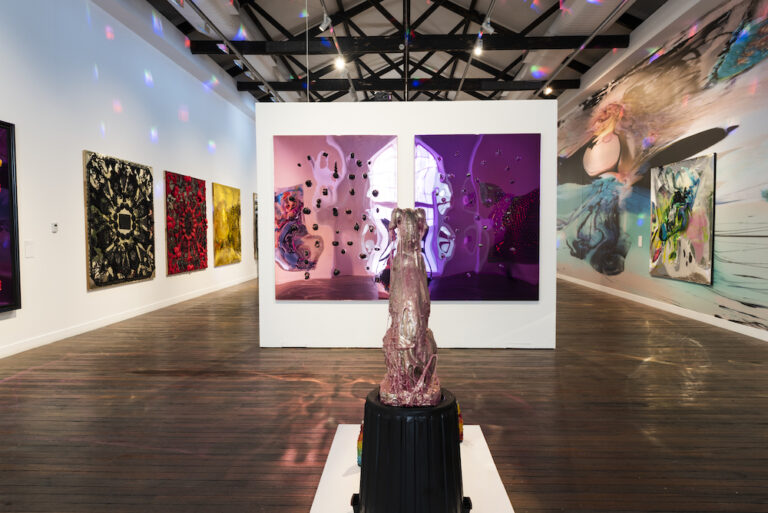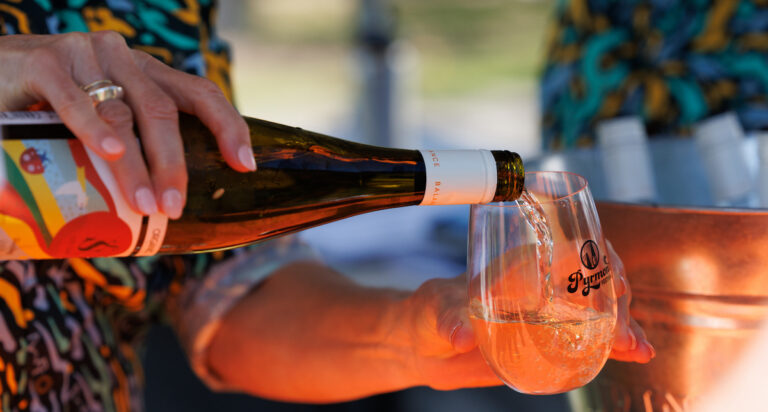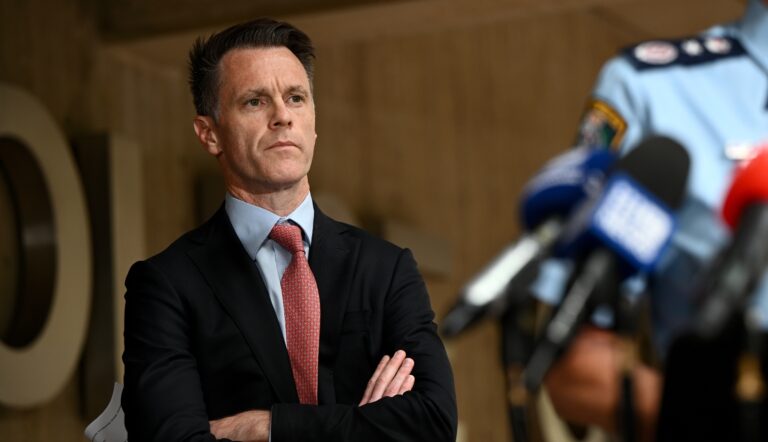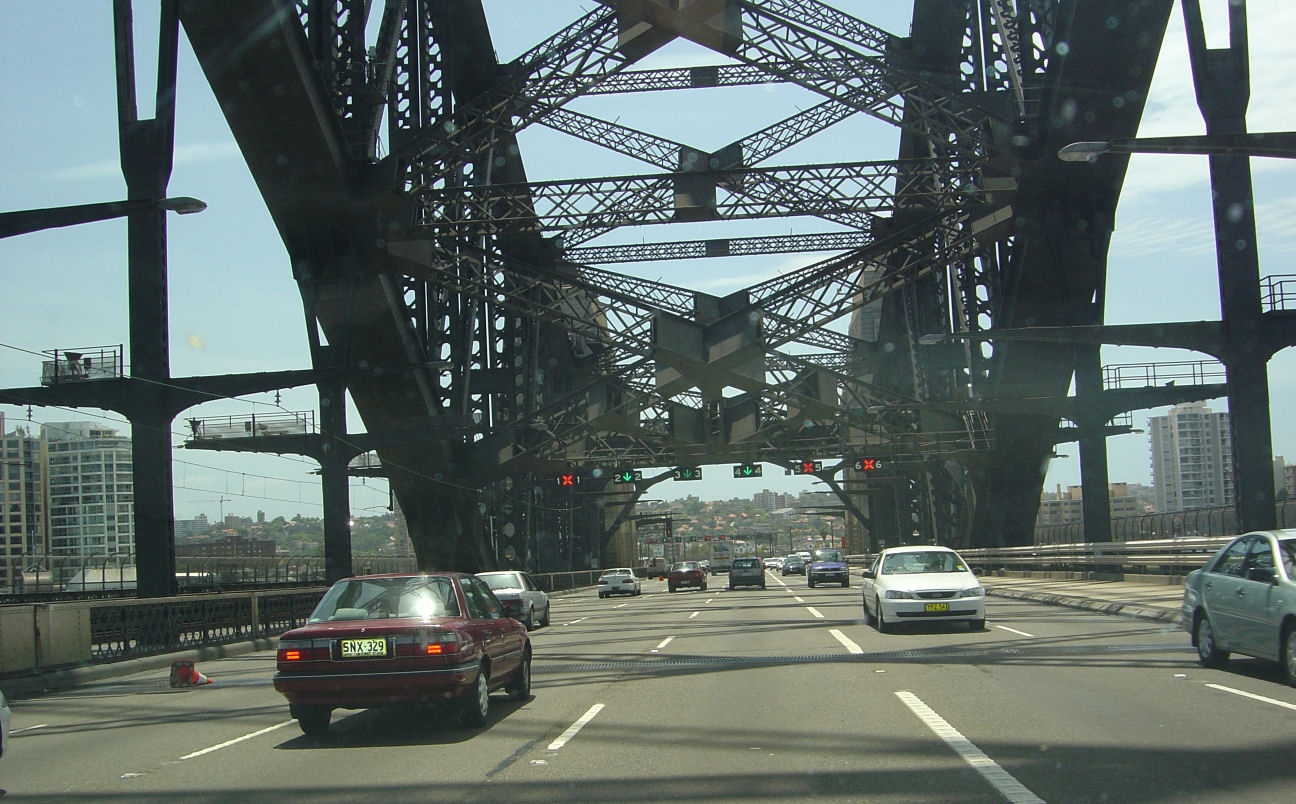
City of Sydney turns up the music
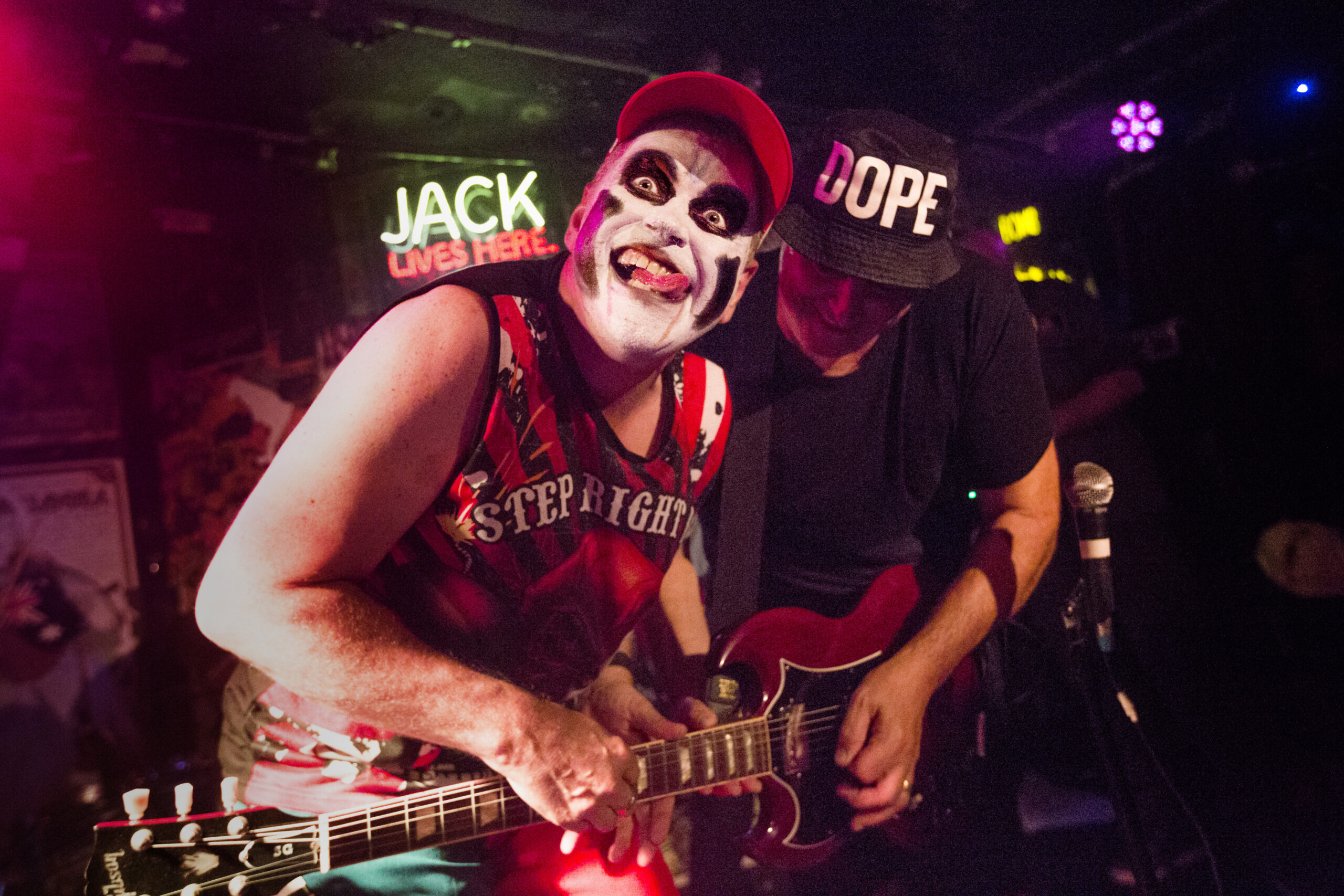
BY ANITA SENARATNA
Sydney was once a city known for its live music scene, where bands like AC/DC, Cold Chisel and the Divinyls played in crowded pubs with permanently sticky floors, building up loyal followings before going on to become rock icons.
But the NSW Government’s 2014 decision to introduce 1:30am lockouts and 3am last drinks at licenced venues in the city’s CBD effectively pulled the plug on the city’s live music scene. As fewer and fewer people went out in the city at night, venues that had once been mainstays of Sydney’s nightlife were forced to shut their doors for good.
In an attempt to breathe life back into the city’s music scene, the City of Sydney Council announced a new funding program for live music and performance venues earlier this month. The council will be offering matched funding up of to $30,000 in grants, with the first round of applications open until November 13.
“This new grant program provides targeted support to increase the diversity of businesses open in the city at night, and help live music venues make the improvements they need to put on more performances,” said Lord Mayor Clover Moore.
“We know the lockout laws have had a significant impact on Sydney’s night-time economy, so we are finding practical ways to support local businesses and live music venues. We look forward to hearing from businesses across our community with their ideas for creating a more diverse and dynamic city after dark.”
The announcement has been met with enthusiasm from local business owners, many of whom are experimenting more with their entertainment offerings in an attempt to attract more punters.
Jake Smyth and Kenny Graham are the co-owners of Mary’s in Newtown, the Unicorn Hotel in Paddington and most recently the Lansdowne Hotel, an iconic Chippendale venue where bands like Powderfinger and You Am I played some of their earliest gigs. The Lansdowne closed in 2015 after a fire, but the pair bought and renovated the building with the intention of restoring it to its former glory as a live music destination.
“We were under no illusions that running a live music venue would be easy. But we didn’t open it to for an easy run to the bank, we opened it to challenge the current status quo in the hospitality industry, which prefers pokies to art,” they told City Hub.
“Bringing music back to the Lansdowne was the only reason we undertook this new venue. It has influenced every decision that we have made, from the decor to the removal of the pokies. How can we support musicians more? How can we improve the experience of the punter there to see the band? The challenges are myriad, but also expected.”
But despite the challenges, they’re “over the moon” with how things have gone since they opened earlier in the year, and they’re supportive of anything that makes it easier for businesses like them to support up and coming artists.
“Any positive support for the arts and the communities that support artists will always have our stamp of approval. The City of Sydney have been exceptionally positive in our journey thus far, and have offered an excellent support network for us as a live music venue specifically.”
Frankie’s Pizza in Sydney’s CBD is proof that there is definitely still a market for rock‘n’roll in a city that loves its dance music. Not only do they have live bands playing every night of the week, but they’re also a popular destination for international acts and their crews on tour in Sydney. Famous guests include rock legends Debbie Harry, Dave Grohl and Billy Corgan.
Over three years later, co-owner and entertainment manager Jordan McDonald still remembers the date – February 24, 2014 – the day the lockout laws took effect.
“We had a whole bunch of bands who were in town for the Soundwave Festival and their crews. Often it was a little bit divided, some of the crew would get in but the band would be stuck outside, some of the band would get in but the crew was stuck outside. There was a lot of managing and a lot of pissed-off people,” he said.
Prior to the introduction of the lockout laws, Frankie’s stayed open until around 4am most nights, making it a popular destination for hospitality workers finishing late. Mr. McDonald admits that having to turn so many people away was frustrating, especially when he didn’t agree with the laws himself.
“Not everyone receives the news too well when they’ve caught a cab from an hour away and they can see there’s a party raging within, but we say ‘Look, there’s a funky little law that doesn’t make a huge amount of sense but it’s up to us to uphold it, you’re not allowed to walk in these doors and join all these people,’” he said.
But the change led them to start putting more bands on their program in an attempt to get more people through the doors. It was an unusual move at a time when live music venues were shutting down all over Sydney, but it paid off.
“It was just a matter of adapting to the circumstances and putting stuff on earlier which would drive a new mob of customers. We were always doing the live music thing, but we just put on more of it and much earlier. We used to actually have bands kick off at midnight which was totally badass but we’ve shifted that up a bit.”
He thinks the City of Sydney’s grants are “pretty cool” but says he’d also like to see more grants available for musicians themselves.
“Grants for performers would also be a great help,” he said. “In this great southern land it’s quite taxing to tour, being that it’s so spread out. For most acts, certainly club-level acts, touring is not economically viable. It costs you more than you get back. But musos are crazy and passionate, they do it for love of the game.”
David Abram has been working in various creative fields in Sydney for the past decade, and he’s watched it change over time. He was originally an architect before becoming a DJ at GOODGOD, a small club in the CBD known for its eclectic programming. He eventually opened Freda’s, a multi-purpose venue in Chippendale that serves as a bar, live music venue and gathering point for like-minded creative people in the area.
“It’s kind of embarrassing where the city’s ended up,” he said. “It’s like generational damage. It’s done damage to a city that had developed over hundreds of years, to venues and businesses that had been in areas for decades. They’ve decimated the city and we’re going to look back at this time and be ashamed of it.”
After building up a following at GOODGOD, it gave him the confidence to open his own space where he could play music he liked himself.
“Just seeing that you could present an idea out in public, something that you’re passionate about, and an audience finds you is a really exciting thing to happen,” he said.
But he admits those opportunities can be hard to find for young people, and they’re becoming fewer and further between as more venues are forced out of business.
“They don’t make it easy for creative people in this city. It’s like, can you afford to pay your rent, can you afford your education? We’re definitely not a city that’s been attuned to creative pursuits even though there’s a lot of really great creatives in the city,” said Mr. Abram.
He says Freda’s will definitely be applying for one of the City of Sydney’s grants, which he expects will “go a long way.”
“You know what it does? It speeds up the process of where you’re trying to get. Sometimes when you’re just worried about paying your bills and you have things that you know are going to improve your space, sometimes it takes a full year to have money to do that, and this allows it to happen much more quickly,” he said.
But despite all the damage that’s been done to the city by the lockout laws, Abram is optimistic about the future.
“Sydney’s a great city and people lose track of this. What makes a great creative city is people coming in with ideas, collaborating with each other and coming up with new ideas as well.
“I feel like the energy is shifting but we’ve lost a lot of spaces that have been there for decades. There’s definitely a lot of exciting stuff happening in the city even if you don’t see it on the surface so easily.”
